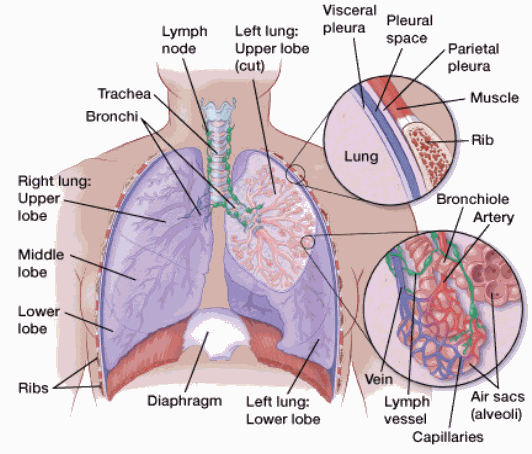Can Immunotherapy Beyond Progression Help Lung Cancer Patients?

Immunotherapy has changed the way we treat non-small cell lung cancer (NSCLC), but what happens when cancer progresses after initial treatment? A recent study explored whether continuing immunotherapy beyond progression (IBP) offers benefits to patients with advanced NSCLC.
Researchers analyzed 121 patients whose NSCLC worsened after receiving immune checkpoint inhibitors (ICIs) like PD-1/PD-L1 inhibitors. They compared two groups:
IBP Group: Patients who continued immunotherapy after progression.
Non-IBP Group: Patients who switched to other treatments or stopped immunotherapy.
Key Findings
Overall Survival (OS) and Progression-Free Survival (PFS):
The IBP group had slightly longer overall survival (14.1 months vs. 10.8 months), but the difference was not statistically significant.
However, patients in the IBP group had significantly better progression-free survival (8.7 months vs. 4.1 months), meaning their cancer was controlled for longer.
The More Immunotherapy, the Better?
Patients who received at least 4 cycles of immunotherapy before progression lived longer than those who had fewer cycles.
Those who had 8 or more cycles showed the most benefit, with OS improving to 16.3 months.
Who Benefits Most from IBP?
Patients who had a partial response (PR) to their first round of immunotherapy saw the greatest survival benefit from IBP.
Patients with limited tumor progression (oligoprogression), meaning cancer spread to only a few sites, also benefited significantly.
Side Effects:
The side effects in both groups were similar, with no increase in severe adverse reactions in the IBP group.
What Does This Mean for Patients?
This study suggests that some patients with NSCLC may still benefit from continuing immunotherapy even after their cancer progresses. Those who had a good initial response or limited tumor spread may find IBP especially useful. However, the decision should be made carefully with an oncologist, considering individual factors like prior response and overall health.

